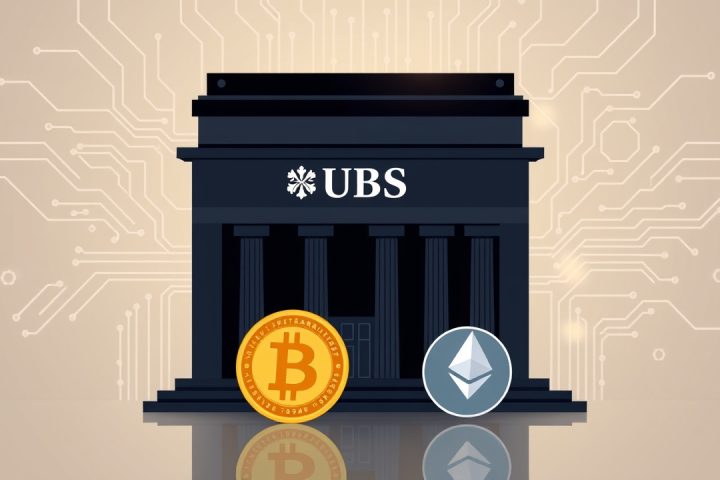BNB Chain’s Lorentz Upgrade
In a notable advancement, BNB Chain has successfully rolled out its Lorentz upgrade, significantly enhancing transaction speeds across its network. The upgrade reduces block times to an impressive 1.5 seconds on Binance Smart Chain (BSC) and a mere 0.5 seconds on OpBNB. This leap in performance is designed to bolster the user experience, allowing for quicker transaction confirmations and improved interaction with decentralized applications, all while maintaining network stability.
This upgrade builds on the prior Pascal update, which set the stage for enhanced operational efficiency. As a result, some users have drawn comparisons to Solana’s specifications, suggesting that BNB Chain may now rival or even exceed Solana’s speed metrics. The community’s response has been overwhelmingly positive, applauding the continuous progress in performance.
Ethereum’s Challenges with the Fusaka Upgrade
Conversely, Ethereum is grappling with internal conflicts as it prepares for its upcoming Fusaka upgrade. After extensive discussions, developers reached a consensus to exclude the EVM Object Format (EOF) from the forthcoming changes. The EOF was initially proposed to modernize the Ethereum Virtual Machine and facilitate future enhancements, yet disagreements within the team emerged, leading to its withdrawal.
Tomasz Kajetan Stańczak from the Ethereum Foundation recently indicated that EOF will not feature in the upcoming Pectra update set for May and its inclusion in the Fusaka upgrade is uncertain. Tim Beiko later endorsed this, citing a lack of agreement among developers, which raised concerns that the complexity of EOF could hinder other critical updates.
This internal discord highlights a shift within Ethereum’s development approach, reflecting a growing emphasis on community consensus and practical implications rather than strict adherence to technical agendas. As discussions continue, the Fusaka upgrade is tentatively slated for late 2025, as the community navigates which innovations to pursue while ensuring long-term network sustainability.




